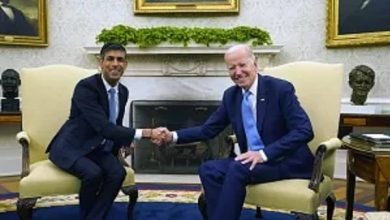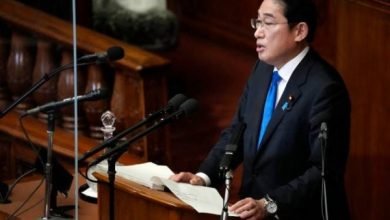Russia and China veto US proposal for Gaza ceasefire at the UN

SMA NEWS – NEW YORK
Russia and China have vetoed a US-proposed resolution in the UN Security Council that called for a ceasefire in Gaza tied to a hostage agreement.
The vote in the 15-member Security Council was 11 members in favor and three against, including Algeria, the Arab representative on the council. There was one abstention, from Guyana.
Before the vote, Vassily Nebenzia, the Russian Ambassador to the UN, stated that Russia was in favor of an immediate halt to hostilities. However, he criticized diluted language that referred to moral imperatives, which he called philosophical wording that does not belong in a UN resolution.
Nebenzia accused US Secretary of State Antony Blinken and US Ambassador Linda Thomas-Greenfield of “deliberately misleading the international community.”
Thomas-Greenfield urged the council to adopt the resolution to press for an immediate cease-fire and the release of the hostages, as well as to address Gaza’s humanitarian crisis and support ongoing diplomacy by the United States, Egypt and Qatar.
After the vote, Thomas-Greenfield accused Russia and China of voting for “deeply cynical reasons,” saying they could not bring themselves to condemn Hamas’ terrorist attacks in southern Israel on Oct. 7, which the resolution would have done for the first time.
A key issue in the vote was the unusual language related to a cease-fire. It said the Security Council “determines the imperative of an immediate and sustained ceasefire,” — not a straight-forward “demand” or “call.”
The resolution did reflect a shift by the US, which has found itself at odds with much of the world as even close allies push for an unconditional end to fighting.
In previous resolutions, the US has closely intertwined calls for a cease-fire with demands for the release of Israeli hostages in Gaza. This resolution, through awkward wording that’s open to interpretation, continued to link the two issues, but not as firmly.
While the resolution would have been officially binding under international law, it would not have ended the fighting or led to the release of hostages. But it would have added to the pressure on Israel as its closest ally falls more in line with global demands for a cease-fire at a time of rising tensions between the U.S. and Israeli governments.







